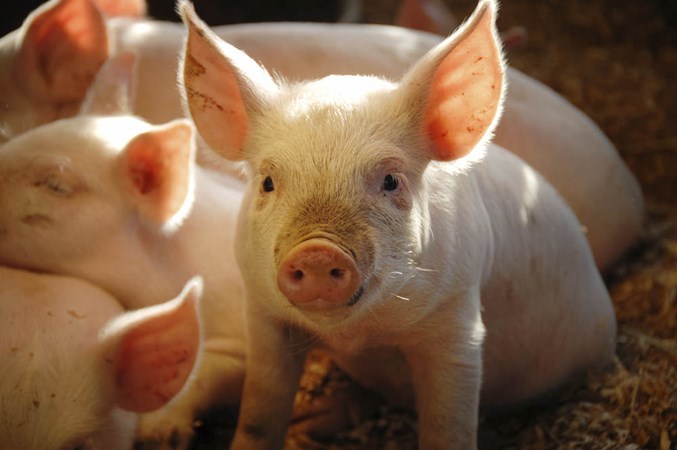4/3/2022
Octopuses have long been a symbol of intelligence, curiosity, and mystery. Their ability to maneuver effortlessly around reefs and caverns and to camouflage with the ocean floor is unmatched by any other species, captivating humans for decades. However, some entrepreneurs are now eyeing these animals for another reason: factory farming. Recent interest in octopus farming, especially in Spain, threatens not only the welfare of octopuses but also the health and safety of marine ecosystems.

Last October, Compassion in World Farming released the report Octopus Farming: A Recipe for Disaster, outlining the environmental and ethical concerns of farming these unique animals. The report has gained worldwide attention since its release, and leaders are stepping up to protect octopuses and other aquatic animals. In November, the UK government extended its Animal Welfare Bill to cover octopuses and crustaceans like lobsters and crabs. In the US, Compassion in World Farming’s call to stop state funding for the country’s first octopus farm in Hawaii gained national media attention and concessions from the farm’s owner.
Compassion in World Farming’s report highlights eight compelling reasons why octopuses should not be farmed:
- Octopuses are solitary by nature
- Octopuses are highly inquisitive and intelligent
- Octopuses’ carnivorous diets would be unsustainable in a farming environment
- Little is known about octopuses’ complex welfare needs and suffering in captivity
- Octopuses are fragile animals that are easily injured
- There is currently no scientifically validated method for the humane slaughter of octopuses
- There is no current legislation to protect the welfare of farmed octopuses
- Octopus farming is at odds with aquaculture guidelines to reduce reliance on fishmeal, such as the guidelines set forth in the EU.
Other aquatic species, such as salmon, trout, sea bass, and tilapia, already suffer immensely in fish farms. The science is clear: octopuses belong in the wild, not on farms. This World Aquatic Animal Day, legislators must take action to protect octopuses from factory farming before it is too late.
Send a letter to your representatives this #WorldAquaticAnimalDay urging them to protect octopuses from factory farming.

